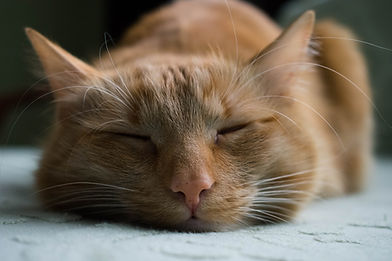Anxiety and Stress
What is anxiety?
Anxiety is a normal and healthy reaction to stress and in general, it helps to cope. But when anxiety becomes excessive and irrational it has become a disabling disorder. There are six anxiety types recognised in conventional medicine.
-
General anxiety disorder
-
Social phobia or social anxiety
-
Obsessive-compulsive disorder (OCD)
-
Post-traumatic stress disorder (PTSD)
-
Panic disorder
-
Specific Phobias
Each anxiety disorder has its own distinct features. The essential characteristic of generalised anxiety disorder is an excessive, uncontrollable worry about everyday things. This constant worry affects daily routines and can cause physical symptoms. Such as :
-
Palpitations
-
Sweating (Cold sweaty hands)
-
Trembling
-
Shortness of breath
-
Chest pain or discomfort
-
A sense of things being unreal
-
Fear of losing control or going crazy
-
Nausea, dizziness, or lightheadedness
-
A fear of dying
-
Chills or hot flushes

-
Younger people are more likely to have some form of anxiety: In 2021, those aged 16 to 29 years were most likely to have some form of anxiety (28% likely).
-
More women report experiencing high levels of anxiety than men: In 2022/23, an average of 37.1% of women and 29.9% of men reported high levels of anxiety. (Mental Health Foundation)
-
17.9 million Working days were lost due to work-related stress, depression or anxiety in 2019/20 according to Labour Force Survey (LFS)
-
An estimated 822,000 workers are affected by work-related stress, depression or anxiety every year (Health and Safety Executive)
-
In 2019/20 stress, depression or anxiety accounted for 51% of all work-related ill health cases and 55% of all working days lost due to work-related ill health
-
Disruption to the economy towards the end of 2019/20 due to the emergence of COVID-19 as a national health issue had the potential to have an impact on people across the UK and data shows a surge in mental health problems.
Facts and statics

What is the conventional treatment for anxiety?
The conventional treatment of anxiety primarily involves some combination of pharmacological (antidepressants, etc.) and psychological interventions (CBT). The common medications that are prescribed for anxiety, include benzodiazepines (alprazolam), selective serotonin reuptake inhibitors (SSRIs) such as paroxetine, and tricyclic antidepressants (imipramine), either singularly or in combination. According to recent research, around 50% of patients treated pharmacologically for anxiety have an ‘inadequate response. meaning that their symptoms are not alleviated to clinically significant levels or that the patient experiences adverse side effects. Some researchers go so far as to say that pharmacological treatments are ‘not ideal’ in terms of efficacy when employed for either short- or long-term treatment.
Systematic reviews demonstrate that benzodiazepines can result in ‘sedation and drowsiness, mental slowing and anterograde amnesia’ (difficulty in forming new memories).
Acupuncture and anxiety
According to the most up-to-date evidence, acupuncture is an effective therapy for anxiety. A more recent systematic review published in 2018 found that all 13 included studies “reported there is good scientific evidence encouraging acupuncture therapy to treat anxiety disorders as it yields effective outcomes, with fewer side effects than conventional treatment. Three of these studies used pharmaceuticals as controls.
Acupuncture has also been shown to increase the release of endorphins, the body’s own ‘feel-good’ chemicals, which play an essential role in regulating physical and emotional stress responses such as pain, heart rate, blood pressure and digestive function. Acupuncture could be an effective therapy for managing the symptoms of anxiety. Massage can be profoundly relaxing as it stretches the muscles, flushes out toxins from the tissue and has been shown to improve both physical and mental well-being.
For more information about anxiety and acupuncture click here.

Are you experincing stress? Contact us and we are here to help



